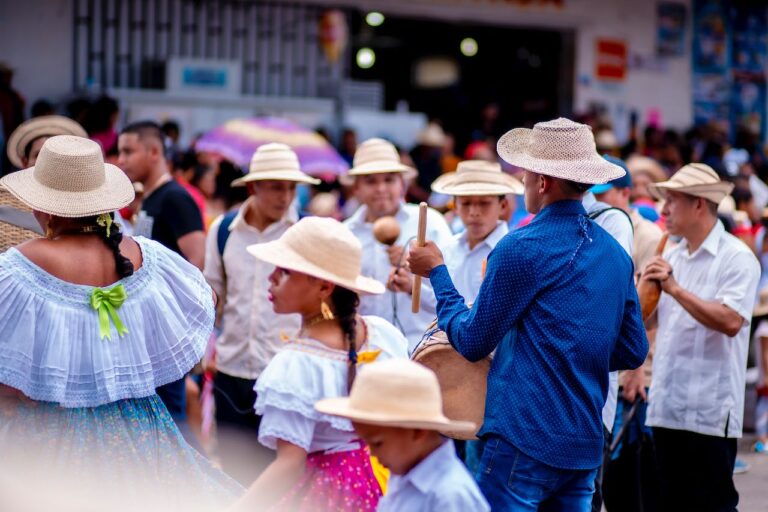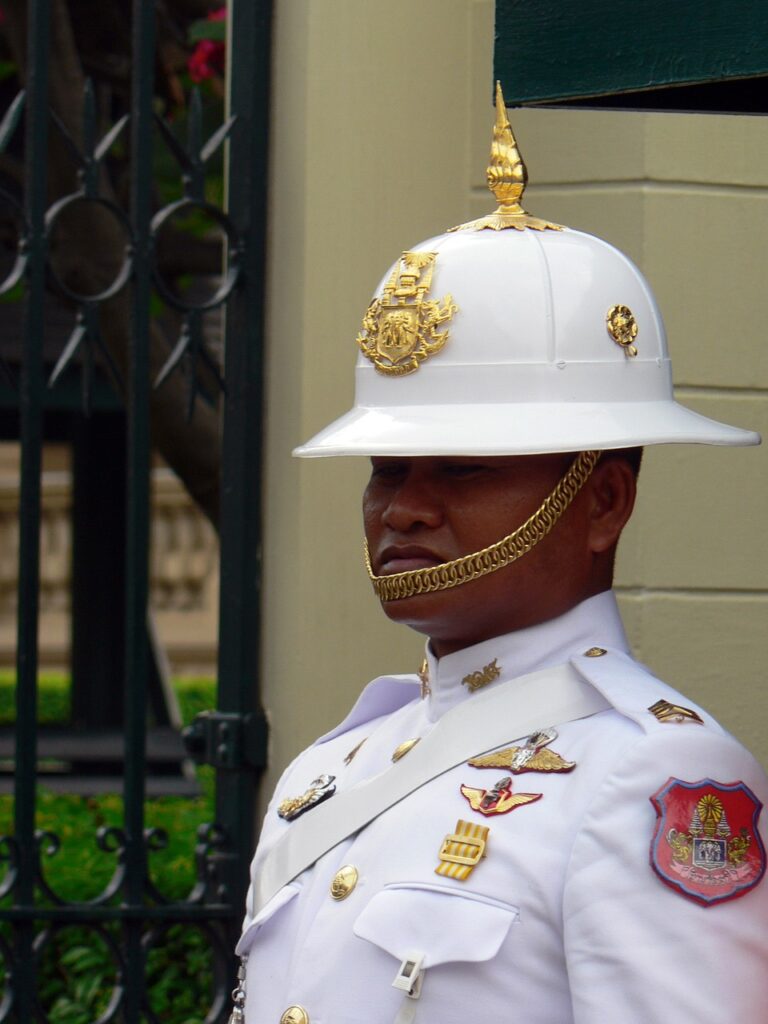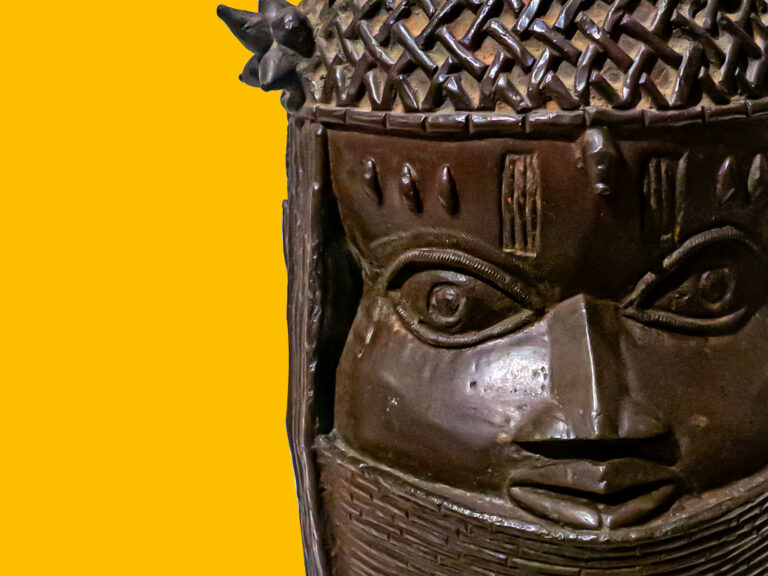In a scathing report released on Tuesday, Amnesty International has rebuked UNESCO and its World Heritage program for failing to challenge the Cambodian government’s mass evictions around the revered Angkor Wat temple complex, a UNESCO World Heritage site.
The report asserts that the ongoing evictions, which have affected approximately 10,000 families, violate both international and national law, writes the AP.
Amnesty International’s London-based organization contends that the displaced individuals have received minimal or no compensation, and the government’s primary resettlement sites suffer from insufficient infrastructure, including deficient roads, water and electricity supplies, and sanitation facilities.
Quoting the report, it emphasizes that UNESCO stands accused of neglecting U.N. guidelines and failing in its duty to intervene and uphold the human right to housing. Amnesty asserts that UNESCO should take a stand, especially as Cambodia’s government allegedly used the World Heritage designation of Angkor Wat as justification for relocating people away from the site.
In response to Amnesty’s findings, the UNESCO World Heritage Center reportedly stated that it “does not have the ability to enforce implementation of rights-based standards and policy recommendations as our role is rather focused on policy advice, capacity building and advocacy.”
The report underscores that Angkor Wat attained World Heritage status in 1992, partly due to concerns about the potential threat posed by the growth of human settlements on the site to its preservation.
However, the report argues that the designation lacked clarity regarding existing settlements, which remained largely undisturbed until last year. The motive behind the recent push for development in the area is attributed to Cambodia’s desire to boost tourism, which waned during the COVID-19 pandemic.
Montse Ferrer, interim deputy regional director for research at Amnesty, stated, “Cambodian authorities cruelly uprooted families who have lived in Angkor for several generations, forcing them to live hand to mouth at ill-prepared relocation sites. They must immediately cease forcibly evicting people and violating international human rights law.”
The report challenges Cambodian authorities’ claims that villagers are voluntarily leaving the site. Amnesty’s research, including over 100 interviews, found that “almost all… described being evicted or pressured to leave Angkor following intimidation, harassment, threats, and acts of violence from Cambodian authorities.”
Highlighting the inadequate facilities at the resettlement camps, located nearly an hour away by motorbike from Angkor, the report notes the challenges faced by residents in making a living, particularly those who previously earned income by providing goods and services to the bustling tourist trade at Angkor Wat. The new locations are reportedly ill-prepared for farming, adversely affecting those engaged in agriculture.
The report contends that Cambodia is obligated under seven major human rights treaties to respect, protect, and fulfill the right to adequate housing. Despite Amnesty’s research, Cambodian officials have reportedly dismissed the findings, accusing the organization of drawing conclusions “thousands of kilometers away from the real situation.”
Amnesty refutes these claims, citing at least 15 families interviewed who asserted that the government informed them of the need to move to preserve Angkor’s World Heritage status.
The report quotes a speech by then-Prime Minister Hun Sen from last year, stating that the site risked losing its designation unless residents moved away voluntarily, with no compensation promised for those who chose not to comply. Under Hun Sen’s authoritative rule, such statements were considered tantamount to official policy.














